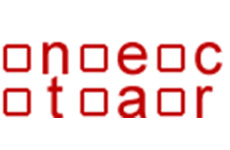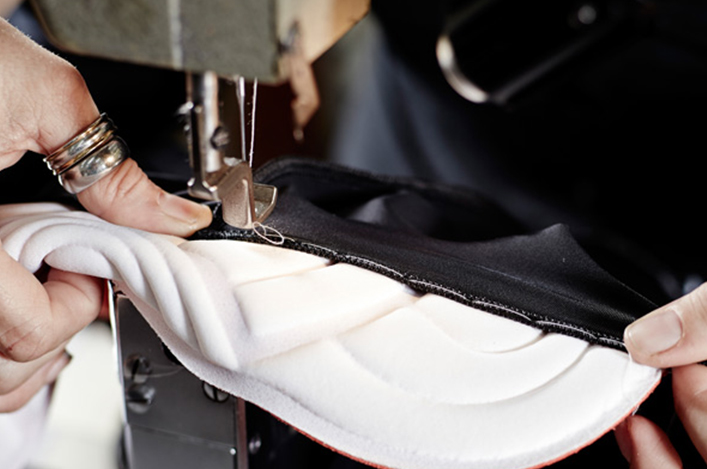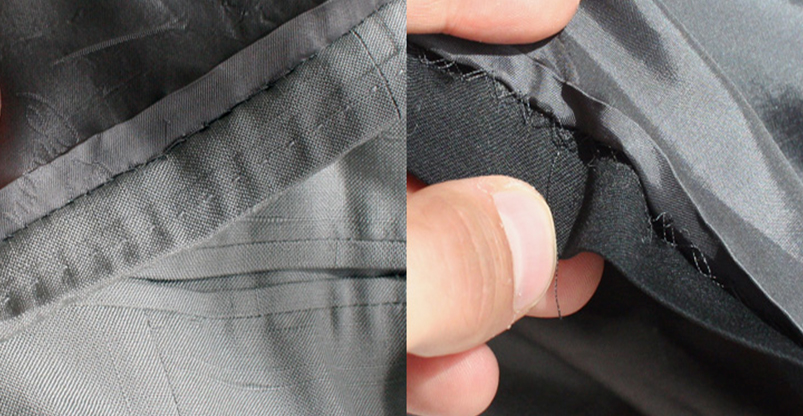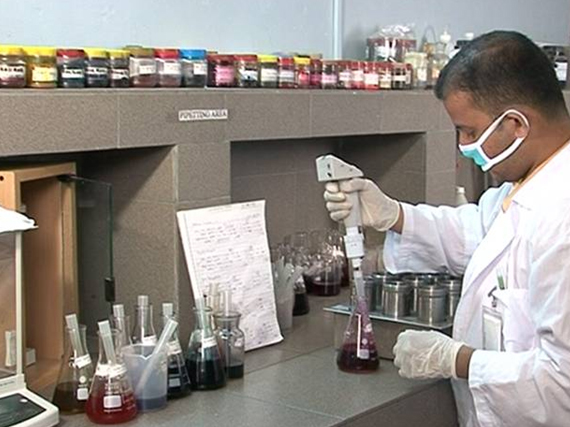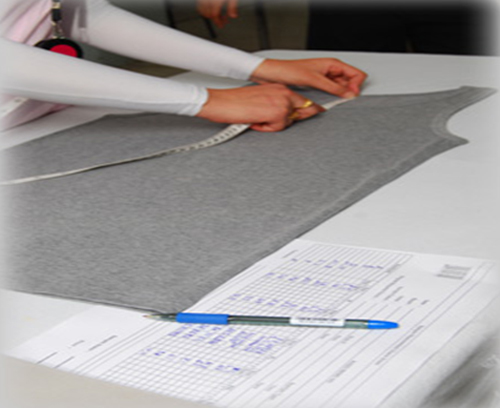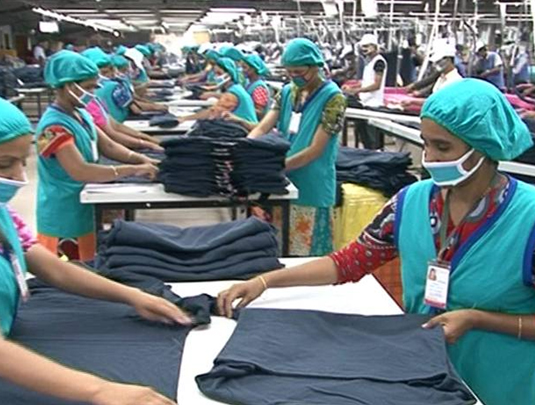Nectar Apparel Ltd. is one of the rear companies in Bangladesh who owns a quality plan, compliant to international quality code/ standards. We believe in maintaining systems and control measures from yarn to finished products stage in accordance to the world wide to deliver perfect garments. Our quality assurance personnel stationed at all the manufacturing sites ensure that all production units are geared to run on your quality requirements, thereby eliminating the last minute rejection factor giving you value for your money.
The level of inspections is used for the 3 pre-shipment inspections are as follows:
- Initial Production Check (IPC) –Single Sampling Plan General Level I
- During Production Check (DUPRO)–Single Sampling Plan General Level I
- Final Random Inspection (FRI) – Single Sampling Plan General Level II
If a tighter inspection plan is needed by clients for special cases where stricter controls are required on the product, level III shall be applied. Level III generally means that a larger sample size will be check, and of which a smaller proportion is allowed to be defective. Level S3 is a special level used in conjunction with Levels I, II and III. Level S3 is used for field tests and performance measurements where it would not be practical to perform such tests on larger sample sizes .
